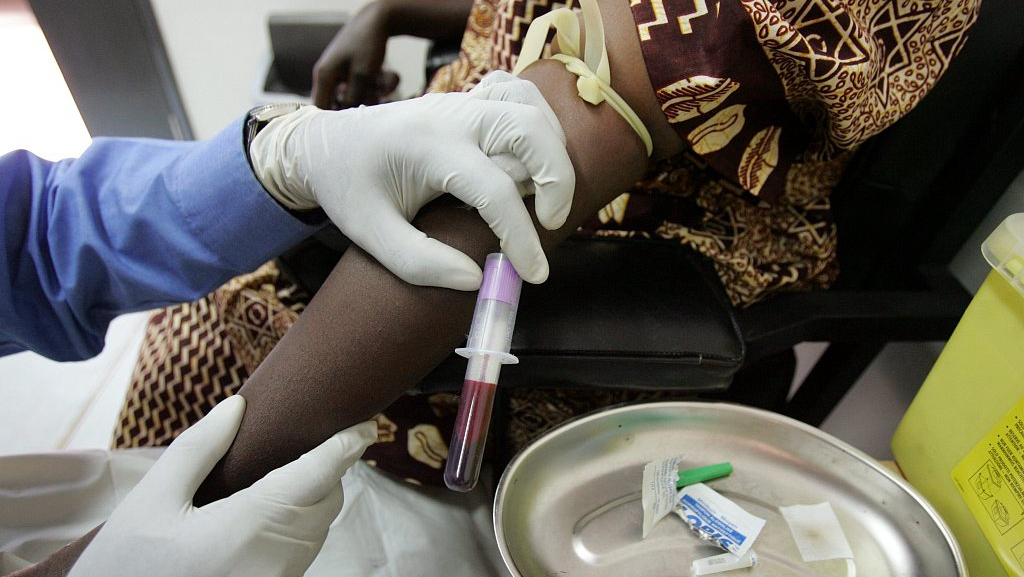
Health
16:27, 07-Jun-2019
One million new curable STIs reported daily, WHO says
Alok Gupta

More than one million new cases of curable sexually transmitted infections (STIs) are reported every day, a new estimate released by the World Health Organization (WHO) on Thursday said.
In other words, there are more than 376 million new patients, aged 15-49 years, suffering from infections chlamydia, gonorrhoea, trichomoniasis, and syphilis, each year.
In the same age group, there were 127 million new cases of chlamydia in 2016, 87 million of gonorrhoea, 6.3 million of syphilis and 156 million of trichomoniasis.
“This is a wake-up call for a concerted effort to ensure everyone, everywhere can access the services they need to prevent and treat these debilitating diseases,” said Dr. Peter Salama, executive director for Universal Health Coverage and the Life-Course at WHO.
“We're seeing a concerning lack of progress in stopping the spread of sexually transmitted infections worldwide,” Salama added.
Transmitted through unprotected sexual contact, including vaginal, anal and oral sex, these infections lead to serious health complications.
Chlamydia, gonorrhoea and syphilis can also be transmitted during pregnancy and childbirth. In the case of syphilis, it can be spread through contact with infected blood or blood products and injecting drug use.
Responsible for nearly 200,000 stillbirths in 2016, syphilis has become one of the leading causes of newborn deaths globally.
In the case of gonorrhoea, rapidly increasing antimicrobial resistance has become an emerging threat to curing the infection. “It may lead eventually to the disease being impossible to treat,” the WHO experts warned.
The persistent number of STIs has become a cause of worry as there has been no substantive decline in either the rates of new or existing infections since 2012.
On average, approximately 1 in 25 people globally have at least one of these STIs, according to the latest figures, with some experiencing multiple infections at the same time, the study found.
In recent years, shortage in the global supply of benzathine penicillin used for curing syphilis has further hampered efforts to control the infection.
While chlamydia, gonorrhoea and syphilis are bacterial infections, trichomoniasis is a parasitic infection requiring antibiotics for treatment.
Concerned over the rising cases of syphilis, experts recommend systematically screening of syphilis and HIV for pregnant mothers.
The analysis of the available data suggests a wide gender gap in reporting STI. “More data was available from women than men to generate these global estimates, and STI prevalence data remains sparse for men globally,” the WHO maintained in a statement.
Apart from generating quality data, more expenditure is required on research, development of diagnostics and new treatments, and vaccine development to control the spread of STIs, WHO said.
(Top Image: A laboratory technician collects blood for an HIV test from a patient at the Infectious Diseases Institute in Kampala, Uganda, on December 12, 2005. One in 25 people suffers from sexually transmitted infection, a recent WHO study estimated. /VCG Photo)

SITEMAP
Copyright © 2018 CGTN. Beijing ICP prepared NO.16065310-3
Copyright © 2018 CGTN. Beijing ICP prepared NO.16065310-3